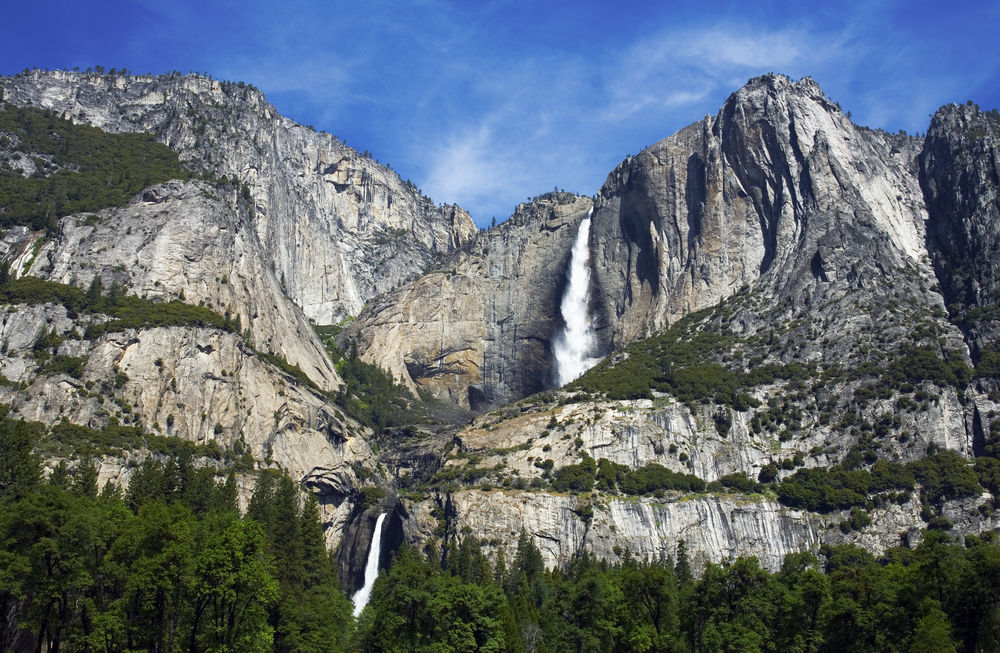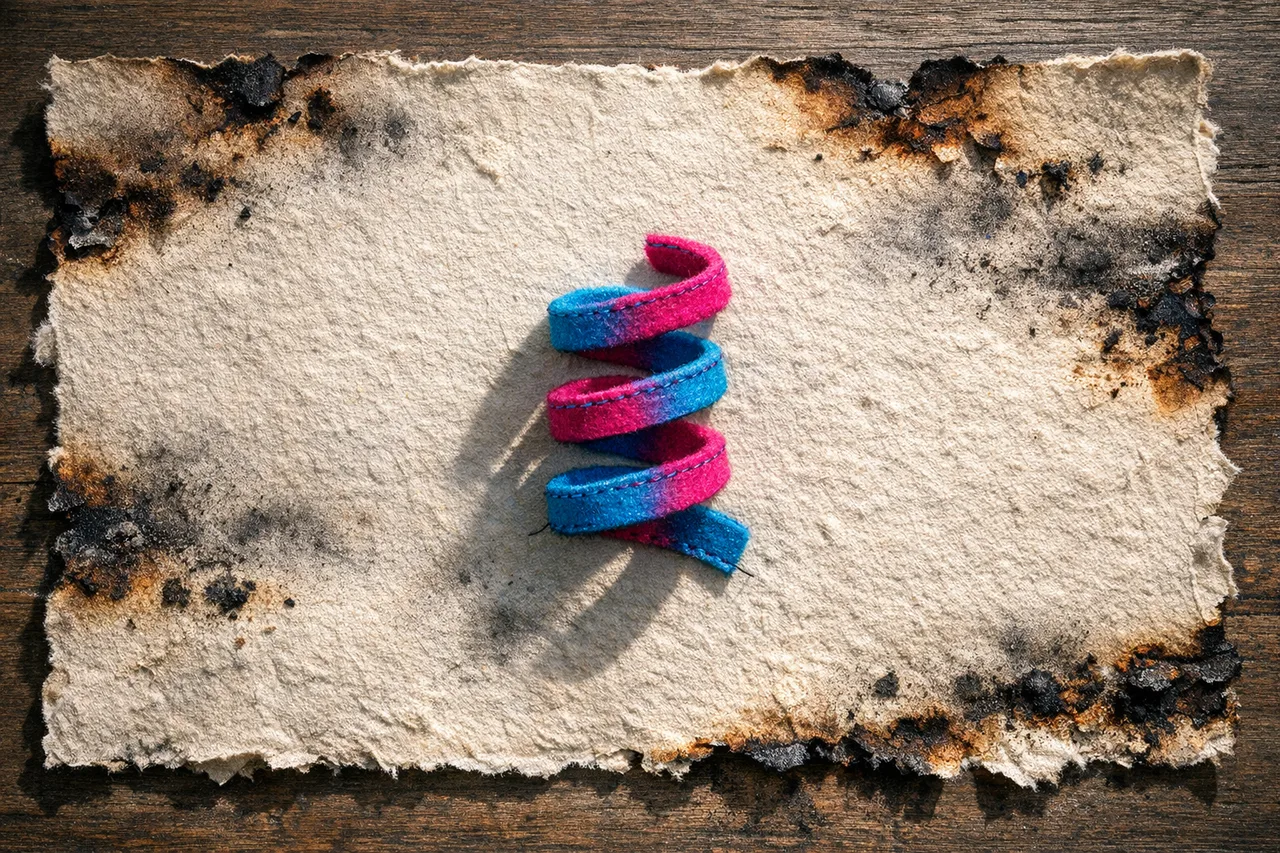
Conclusion of the Series:
- Savage informed the chief that they would comply or be killed. Teneiya decided that it would be best for his people to submit. It was days later that the Mariposa Battalion had to venture into the mountains and assist the Ahwahneechee since there was much snow by this time in the higher elevations. Upon finding the chief, Savage asked him where his people were as he saw only a fraction of what he expected. Teneiya replied that many had gone back to live with the Mono and Tuolumne tribes, but Savage refused to believe him. Thus, Savage took an Ahwahneechee brave with him as a guide and proceeded to scout the village of these natives.
- As they entered the Yosemite Valley, Bunnell declared, “It has been said that ‘it is not easy to describe in words the precise impressions which great objects make upon us.’ I cannot describe how completely I realized this truth. If my hair is now required, I can depart in peace, for I have here seen the power and glory of a Supreme being; the majesty of His handy-work is in that ‘Testimony of the Rocks.’”
- It was Bunnell who would name the valley after the Ahwahneechee or “Yosemite” which was the Anglo transliteration of the tribe’s name. Upon entering the village, Bunnell discovered “a living object.” It was an elderly squaw whom he insisted on referring to as an “it” and compared her to an Egyptian mummy. He provided her with sustenance as she seemed famished. They had stumbled upon some caches of acorns that were being stored and attempted to drive out the rest of the Ahwahneechee by Savage burning the caches and starving them into peace. He stated, “I remember well enough that Satan entered paradise and did all the mischief he could, but I intend to be a bigger devil in this Indian paradise than old Satan ever was…” They never found any of the Ahwahneechee at that time who were supposedly still in the village, but they used the same tactics against the Chow-chilla tribe in the mountains. Growing ravenous, the Chow-chillas surrendered and made peace. Subsequently, on a second expedition into the Yosemite Valley, they found and captured five Ahwahneechee, three of whom were Teneiya’s sons. Eventually, the Mariposa Battalion found the remaining Ahwahneechee and marched them to the reservation on the Fresno River. This capture was considered the end of the Mariposa Indian War.
- The Ahwahneechee then returned in 1853 to the Yosemite Valley to live there permanently. In their love for horse flesh, a small group of the Yosemite Natives decided to raid the Monos and steal some of the horses that the Monos had previously stolen from some of the ranchos. The Monos had been hospitable to the Ahwahneechee during their time of trial. Thus, the Monos were not pleased with this insult. While the Ahwahneechee had killed one of the horses and began feasting on it, the Monos jumped them, and Teneiya was killed.
- James Savage had also returned to his old ways of oppressing the Indians by the reinstitution of forced labor for those natives who lived on the reservation. One could convincingly argue that the entire Mariposa Indian War, which was primarily commenced by Savage, was an attempt to secure his capitalistic endeavors. Immediately after the war Eccleston stated, James Savage partnered with “Col. Fremont and Capt. Haler in the contract for supplying the Indians with provisions.” These provisions included beef. Savage’s self-interest knew no bounds as he also scammed the Federal Government out of money in a manner that involved an overcharging scheme concerning the cattle. Furthermore, he took control of the Fresno reservation himself to continue employing forced Indian labor. Bunnell critically expressed concerning the Fresno reservation, “I was somewhat familiar with the management of the Fresno agency, and do not hesitate to say that it was not wholly commendable.” Savage justified his return to forcing the Indians into laboring for him by stating, “If I can make good my losses by the Indians out of the Indians, I am going to do it. I was the best friend the Indians had, and they would have destroyed me. Now that they once more call me ‘Chief,’ they shall build me up.”
You may also like

Health FEB 25, 2026
What Changes When Glp-1s Become Pills
→

Health FEB 19, 2026
Fibermaxxing Explained: Hype, Help, and How-to
→

lifestyle FEB 17, 2026
Why Whimsy Sparks Joy in a Burned-out World
→

health FEB 12, 2026
Digital Detox, Minus the Retreat (and Hype)
→

lifestyle FEB 10, 2026
Why Tiktok's "Becoming Chinese" Feels So Good
→

health FEB 5, 2026
What Your Body Knows That Trends Don't
→